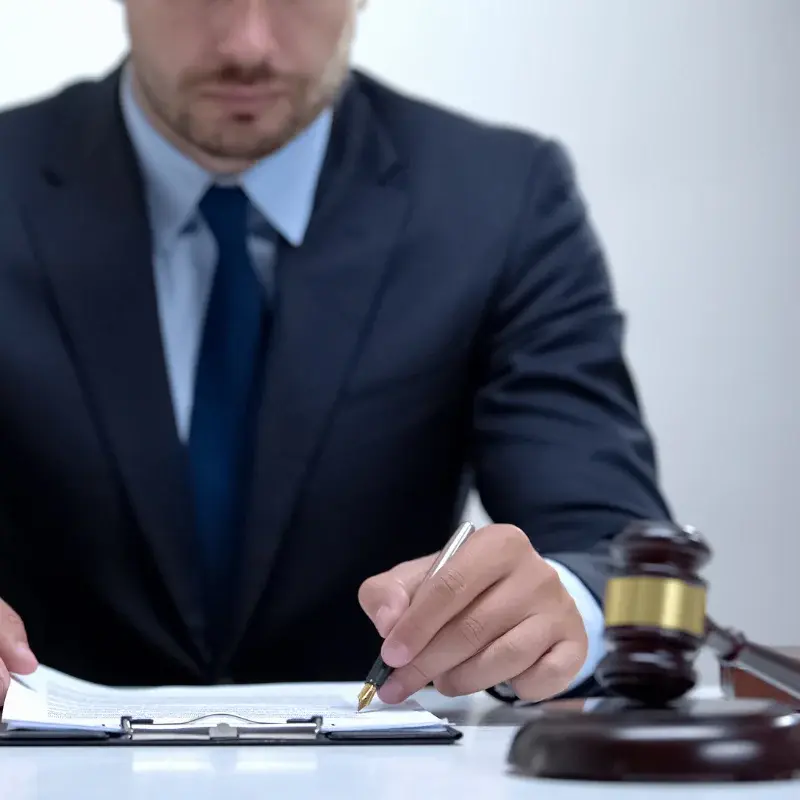
Table of contents
Yes, emails can be submitted as evidence in court. The problem arises when the recipient questions their content or denies having received them, which is when they are usually challenged as evidence since an email or server traffic log can be easily manipulated.
Fortunately, there is certified email that will provide you with the guarantees you need, as it allows you to legally demonstrate the sending, content, and delivery of a communication with solid and irrefutable evidence. In this interview, we explain how to certify an email in court proceedings properly thanks to certified email.
From eEvidence, experts in certified electronic communications, we have wanted to respond to this real need of legal professionals. To this end, our specialists Alejandro Andreu and Pol Mariné have participated in the Café Jurídico Podcast, a reference podcast in the legal field, talking about email certification and its advantages for lawyers and law firms.
What do we talk about in this episode of Café Jurídico Podcast?
In the time it takes to drink a coffee, we will answer frequently asked questions related to electronic communication certification, such as:
- How to certify an email in court proceedings?
- What can I do to avoid having an email challenged for not being able to certify it properly?
- Is it possible to communicate by email with the same guarantees as a Burofax?
- What is the legal validity of certified email?
- How to send a certified email and how much does it cost?
Want to get straight to the point? This is the exact index of the interview, minute by minute:
- [6:35] What is certified email?
- [8:50] Is certified email an alternative to Burofax?
- [9:25] What applications does certified email have in the legal field?
- [11:15] What is eEvidence and who is it useful for?
- [11:55] What is the story behind eEvidence and what major problem did it solve?
- [13:48] What is preventive legal certification of emails?
- [16:03] What is the legal framework that gives legal validity to certified email?
- [18:10] What happens in case of email challenge?
- [20:49] What examples are there where certified email has been decisive for the outcome of a lawsuit?
- [25:06] How much does a certified email cost? [Rates may have changed since this podcast was recorded]
What is eEvidence?
In the interview, you will get to know eEvidence first-hand, a tool that allows for preventive legal certification of emails and data on a small and large scale, in a simple, efficient, and economically viable way.
And why do professionals recommend eEvidence? Because it presents various advantages that make it an essential application in the legal field. Among its main advantages, we can highlight:
- It allows you to certify the sending of an email in a transparent way for the recipient. As you hear it, they don’t even need to know you’re doing it. In fact, to certify the sending, the recipient doesn’t have to sign anything or do anything, and the entire process can be done invisibly.
- No need to use any application other than our usual email manager. This is very important because it doesn’t represent a learning barrier and its implementation is immediate.
- It has a 100% free personal mode and very affordable professional plans, starting from a few cents per certified email.
But this is like everything else. Don’t let them tell you! Sign up here and try it yourself.
If you want to know more about eEvidence and email certification, don’t miss this new episode of the podcast. And if you’d like to listen to and meet other professionals who have been on the Café Jurídico microphones, click here or listen to them on iTunes, iVoox, Spotify, and Google Podcast.
Ready to get started?
Contact us to share your business project or register now to start trying our services today
